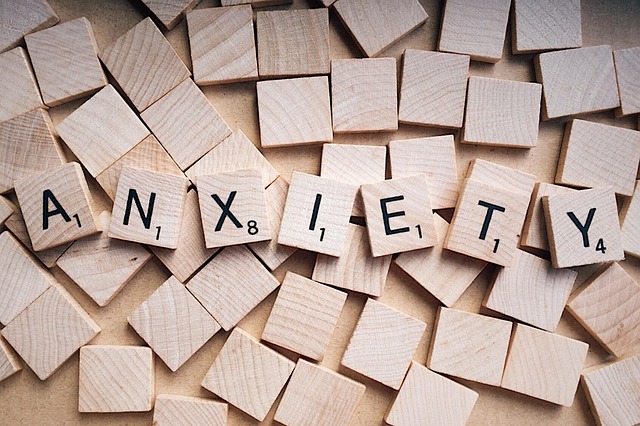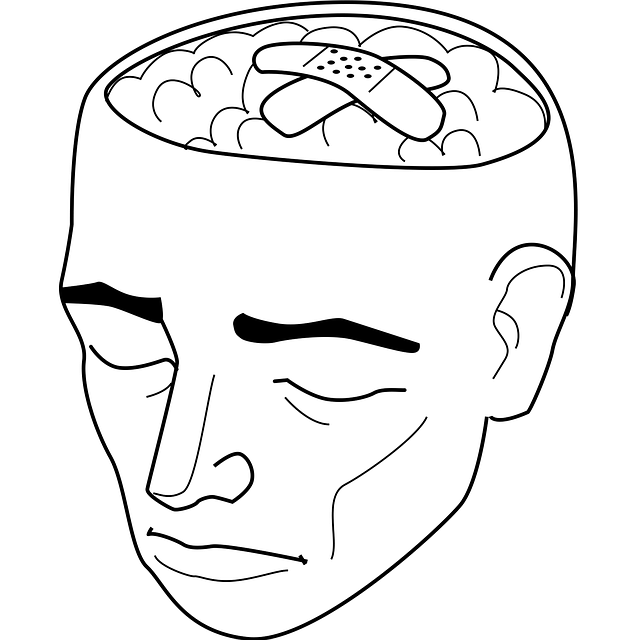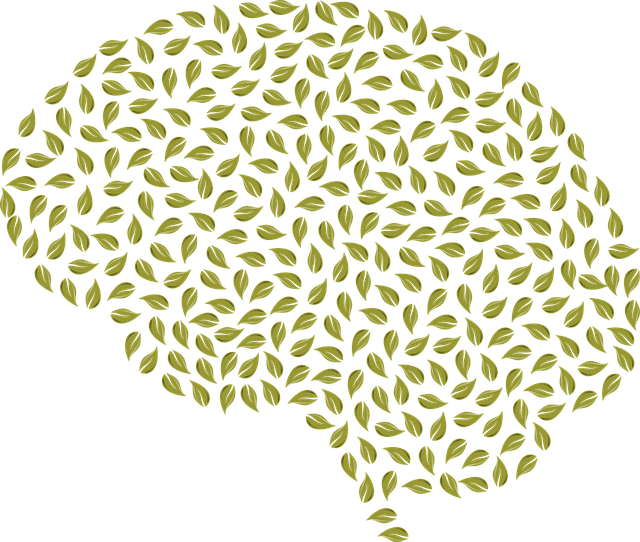Burnout among mental health professionals is a growing concern, fueled by demanding workloads and high expectations. Wheat Ridge Mental Health Evaluations Therapy offers a comprehensive solution through self-awareness exercises, mindfulness practices, and mental health self-care routines like Mind Over Matter principles. These evaluations identify burnout early, enabling interventions such as therapy, to enhance resilience. By integrating these assessments into healthcare practices, organizations can reduce stress, improve employee satisfaction, and ultimately provide better patient care.
Healthcare provider burnout is a growing concern, impacting not just individuals but the entire healthcare system. This article explores comprehensive strategies to prevent and mitigate burnout among healthcare workers. We delve into understanding the root causes, highlighting the significance of Wheat Ridge Mental Health Evaluations as an essential step in identifying and addressing issues. Effective therapy approaches are discussed, along with practical strategies for maintaining well-being in the face of demanding practices.
- Understanding Burnout Among Healthcare Providers
- Wheat Ridge Mental Health Evaluations: A Crucial Step
- Effective Therapy Approaches for Prevention
- Strategies for Sustaining Well-being in Practice
Understanding Burnout Among Healthcare Providers

Burnout among healthcare providers is a growing concern in the industry. It’s characterized by emotional exhaustion, depersonalization, and reduced personal accomplishment, often stemming from prolonged exposure to stressful work environments. Healthcare professionals, especially those in demanding fields like mental health, may face unique challenges that contribute to this phenomenon. For instance, Wheat Ridge Mental Health Evaluations Therapy reveals that heavy caseloads, long hours, and high patient expectations can lead to burnout if not managed effectively.
Recognizing the signs early is crucial for prevention. Self-awareness exercises and mindfulness practices have proven beneficial in combating burnout. Incorporating self-care routines centered around mental health and well-being, such as adopting Mind Over Matter principles, can also significantly mitigate stress levels. Healthcare providers are encouraged to prioritize their own needs, engage in regular relaxation techniques, and cultivate a consistent self-care routine for better resilience against burnout.
Wheat Ridge Mental Health Evaluations: A Crucial Step

Wheat Ridge Mental Health Evaluations serve as a crucial step in preventing healthcare provider burnout. These evaluations go beyond traditional physical assessments by delving into an individual’s mental and emotional well-being, a facet often overlooked but equally vital. By integrating Wheat Ridge Mental Health Evaluations into routine practice, healthcare organizations can identify early signs of stress, anxiety, or depression among their staff, allowing for timely interventions such as therapy and self-awareness exercises.
This proactive approach is especially relevant in the context of Mental Health Policy Analysis and Advocacy, where understanding emotional regulation becomes a cornerstone of comprehensive policy development. By fostering an environment that encourages open mental health discussions and provides accessible resources like Wheat Ridge Mental Health Evaluations, healthcare facilities can significantly enhance employee satisfaction and overall job retention, thereby reducing burnout rates.
Effective Therapy Approaches for Prevention

Preventing burnout among healthcare providers requires a multifaceted approach, and effective therapy plays a pivotal role. Incorporating evidence-based practices such as Wheat Ridge Mental Health evaluations can offer valuable insights into an individual’s emotional well-being and resilience. These evaluations provide a safe space for healthcare workers to explore their experiences and develop coping strategies tailored to their unique challenges. By fostering emotional regulation, mindfulness meditation, and crisis intervention guidance, providers gain tools to navigate stress and maintain balance.
Mindfulness meditation techniques have proven particularly effective in reducing burnout by promoting present-moment awareness and self-compassion. Crisis intervention guidance equips healthcare professionals with rapid response strategies to manage intense emotions and high-pressure situations, ensuring they can effectively support both patients and themselves. Regular therapy sessions, combined with peer support networks, create a supportive environment where providers can de-stress, connect, and recharge.
Strategies for Sustaining Well-being in Practice

In the relentless pace of healthcare delivery, burnout among providers is a growing concern. Yet, there are robust strategies to sustain well-being in practice. One such approach involves integrating Wheat Ridge Mental Health Evaluations and Therapy into routine care plans, addressing not just clinical symptoms but also emotional and psychological health. These evaluations can identify early signs of stress and provide tailored interventions, including therapy sessions that help providers develop confidence boosting skills to navigate challenging situations effectively.
Additionally, Mental Wellness Coaching Programs offer a supportive environment for healthcare providers to reflect on their experiences, set personal goals, and cultivate coping mechanisms. Furthermore, Healthcare Provider Cultural Competency Training is vital in fostering inclusive practices, reducing stress related to interpersonal interactions, and enhancing job satisfaction. These holistic initiatives collectively contribute to a healthier work-life balance, ensuring that providers can continue to deliver quality care with resilience and passion.
Burnout among healthcare providers is a pressing issue, but with the right strategies, it can be prevented. By recognizing the signs and taking proactive steps, such as undergoing Wheat Ridge Mental Health Evaluations and employing effective therapy approaches, professionals in the healthcare field can maintain their well-being. Integrating these practices into daily life ensures sustainable resilience against burnout. Healthcare providers deserve support in their journey towards mental health and balance, ultimately enhancing patient care and the overall healthcare ecosystem.














